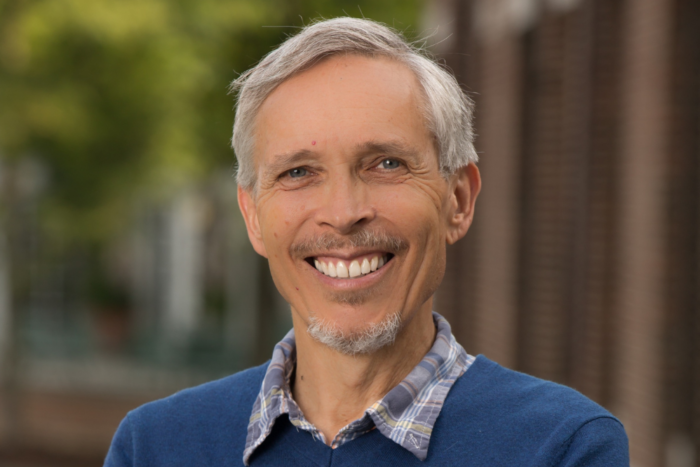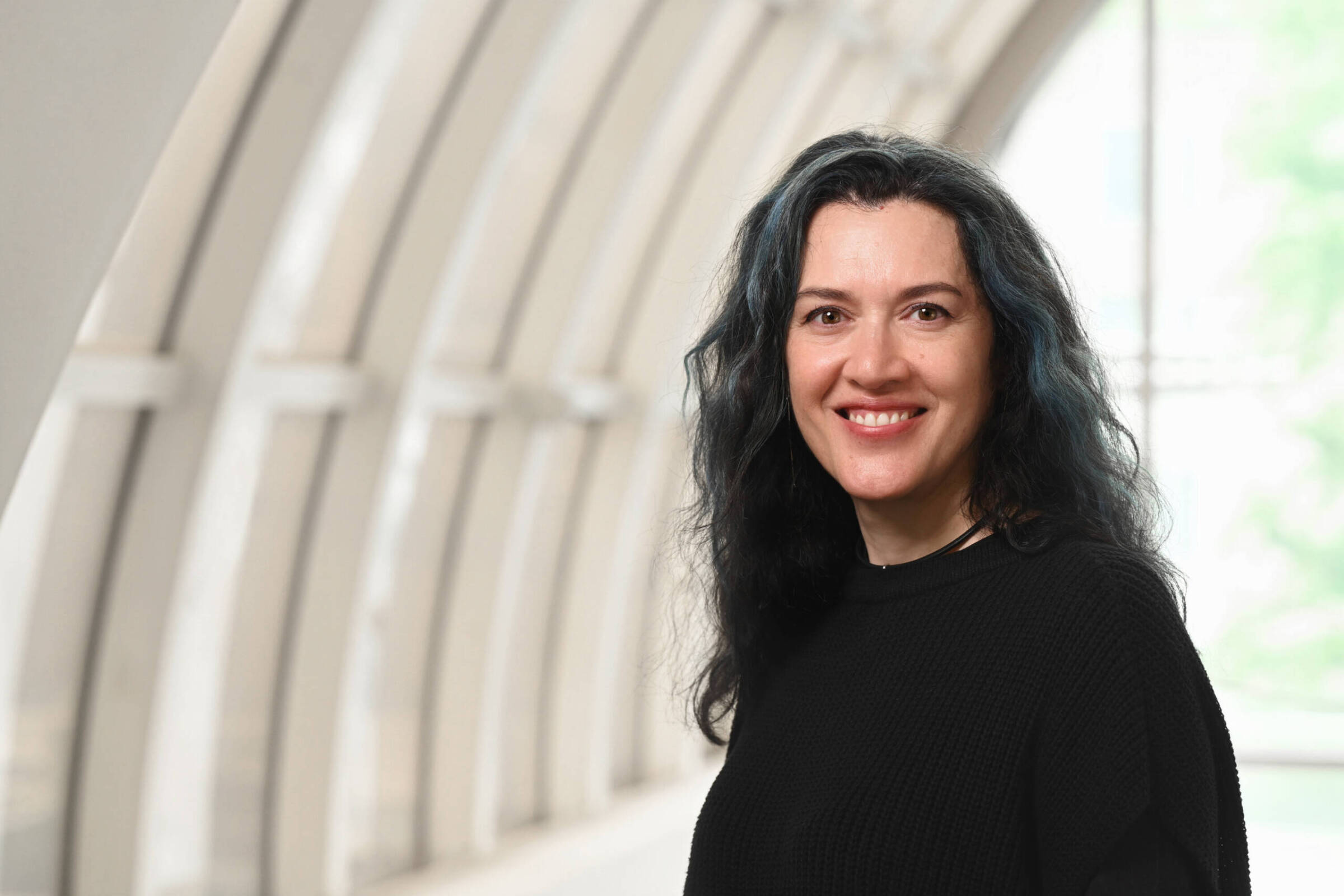David Rockefeller Fellowship awarded to neuroscientist Jason Pitts
Jason Pitts wasn’t entirely sure what to do with his life after graduating from college, back in 2008. So like any good scientist facing a big question, he came up with a series of experiments. Mr. Pitts tested out several careers — from medicine to teaching to pharmaceuticals — before concluding that bench science was his true passion and grad school was where he belonged. Mr. Pitts, now a graduate fellow in President Marc Tessier-Lavigne’s lab, was recently honored for his dedication to thoughtful research and community service at this year’s Convocation luncheon, where he was awarded the David Rockefeller Fellowship.
The fellowship is given annually to a third-year student who shows outstanding potential in science and leadership, and Mr. Pitts, who studies the molecular mechanisms of axon degeneration, has carved out a career path that includes an ample amount of both. A native New Yorker from Suffolk County’s south shore, Mr. Pitts studied biology at Cornell University. Then, through Teach for America, he spent a year as a science teacher in Hartford, Connecticut, where he taught general science to seventh and eighth grade students. During that time, he shadowed doctors at a nearby hospital in Providence while considering medical school. Mr. Pitts then joined Regeneron Pharmaceuticals in Tarrytown, New York, as a research associate in a bi-specific antibody group. It was there that he realized his passion for bench science, and a colleague at the company suggested Rockefeller.
“I am a big fan of independence, and the fact that Rockefeller not only allows you, but encourages you to pick your own path and mold your own education was a big draw for me,” says Mr. Pitts, who came to the university in 2010. “Of course, even with those great features, the thing that really drew me to Rockefeller was the chance to work with world class faculty.”
After a few lab rotations, Mr. Pitts found he felt right at home in Dr. Tessier-Lavigne’s newly established Laboratory of Brain Development and Repair. He was able to build on the work of a previous lab member looking at how the body decides which axons to keep and which to prune back as the nervous system is sculpted during development.
“There is still so much that is unknown about this process and the chance to discover something that could not only prove fundamental to development but also might lead to future therapies in diseases like ALS and Alzheimer’s is immensely encouraging to me,” says Mr. Pitts.
“Jason’s scholarship is evident both in the manner in which he has guided the direction of his project as well as in his scientific accomplishments,” says Dr. Tessier-Lavigne, Carson Family Professor at Rockefeller. “He is a creative and thoughtful scientist and I am confident that this award will be just one of many honors in his career.”
Outside of the lab, Mr. Pitts volunteers as a mentor in the Rockefeller Summer Neuroscience Program, which introduces area high school students to methods in brain research and guides them through experiments in their own small study. He is also president of the Tri-Institutional Consulting Club, which gives students a look at careers outside of academia. The topic is of special interest to Mr. Pitts as he looks toward life after graduation.
“I enjoy bench science, but I am also very interested in applying the scientific skills I’ve acquired here to other areas. I think there is a big need for scientists to get out of labs and engage with other disciplines, so I could also see myself working on public policy or consulting,” he says.



